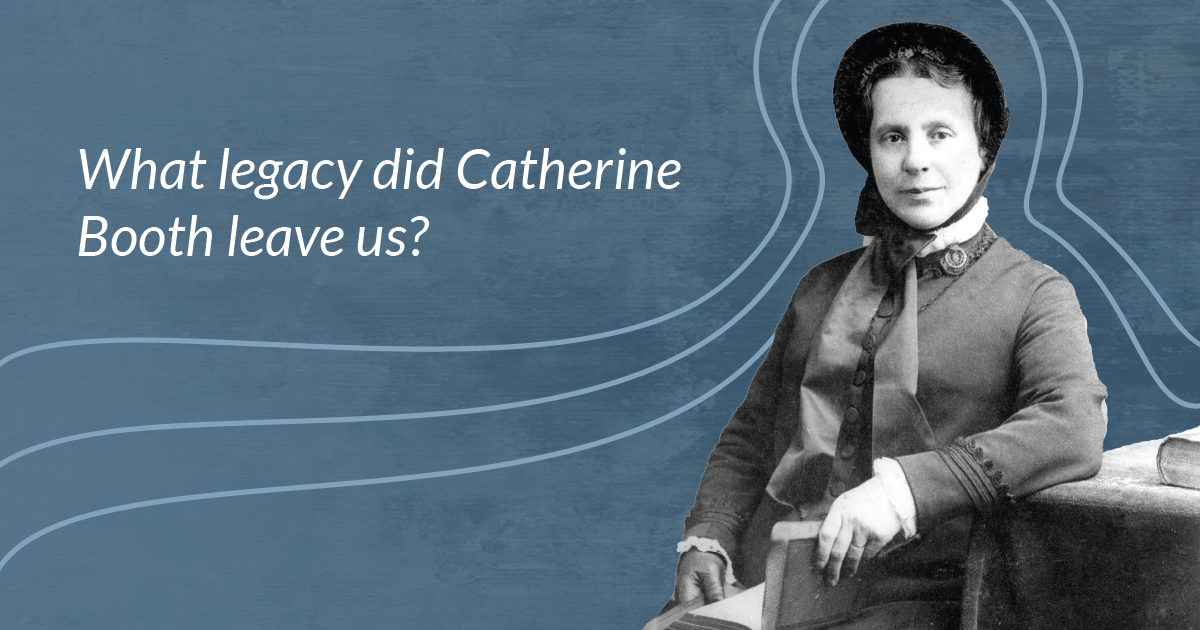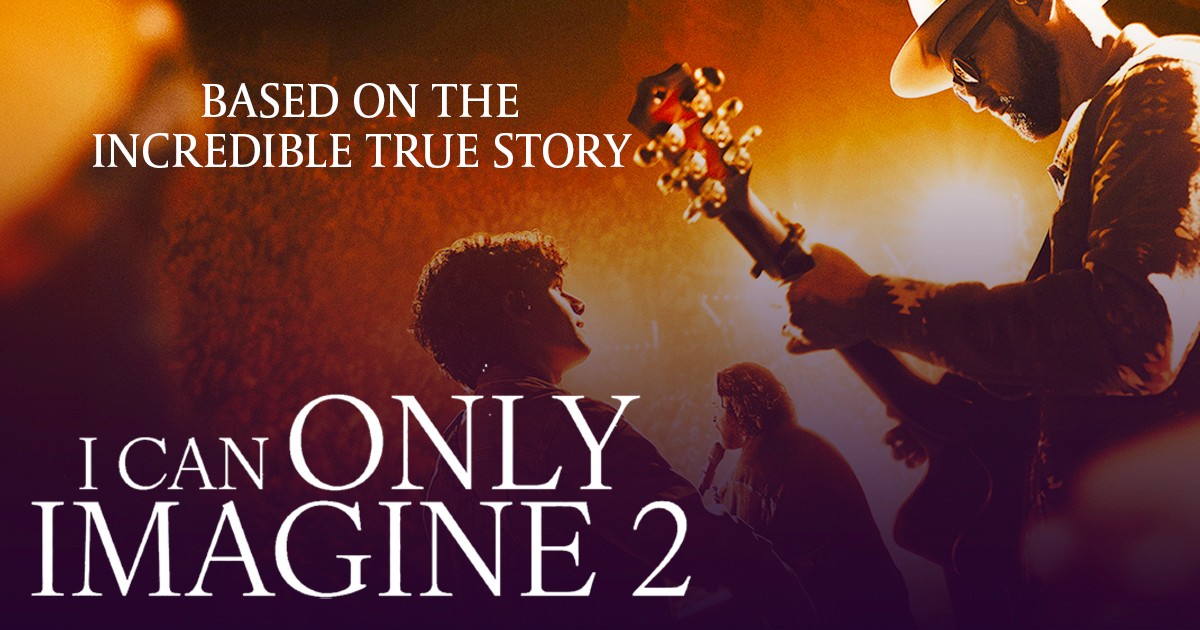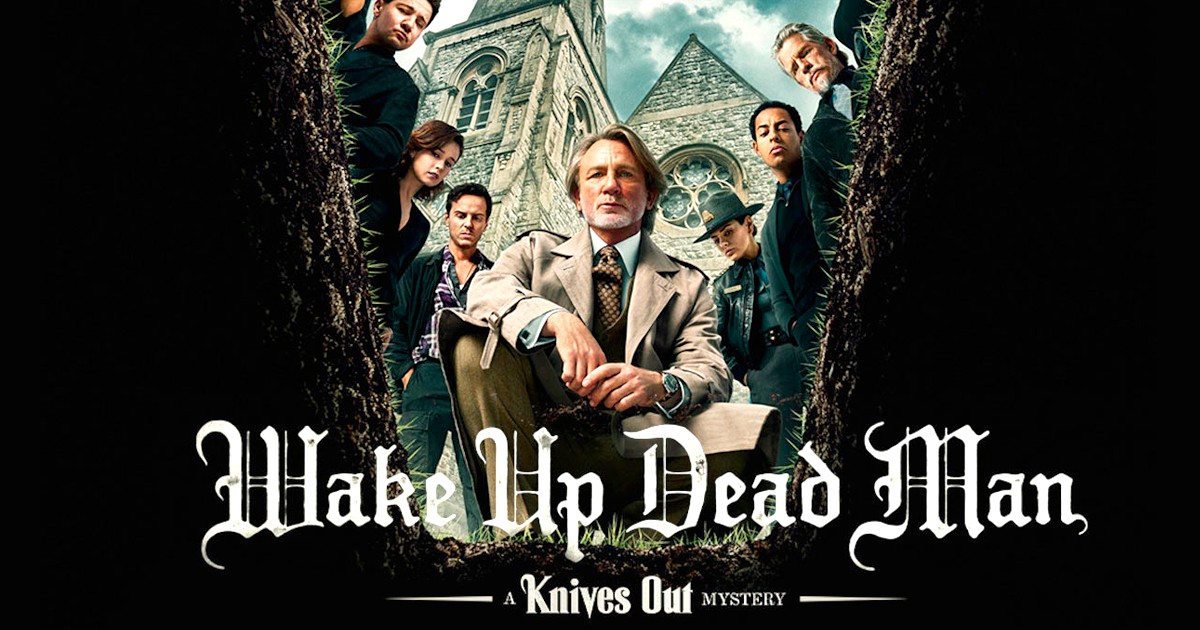Since 2009, Tyndale Seminary in Toronto has hosted an annual symposium to highlight and foster scholarly work on the Wesleyan tradition, as well as research on related topics undertaken by Wesleyans. This year, Australian Salvation Army officer Major Christine Faragher presented a paper exploring the complex legacy of Catherine Booth, co-founder of The Salvation Army.
In late 2017, The Salvation Army in Australia began a process of highlighting gender equity as a desirable goal for the life of the new (combined) Australia Territory. As part of this process, a full-time PhD scholarship—to explore the topic of gender equity—was created and awarded through an open application process. As the successful candidate, I commenced my studies in July 2019.
As a married woman officer, I was delighted to see this initiative come to fruition and pleased to be given the opportunity to do the work, since the lack of gender equality that I have seen and experienced during my officership journey has been a source of disappointment to me. Given our espoused history with its statements around equality, I was surprised, as a young woman entering training, to find that things were not as equal as I had supposed.
Now, many years later, as a more mature person, I am even more committed to the belief that neither gender, race, marital status or any other thing should be used as a lens through which to treat anyone less favourably and fairly than another. I am saddened to find that we still fail to fully enact these principles of equality and fairness within our movement. So, what to do with sadness, disappointment and frustration? It’s important to be an activist for change, but it’s also important to study, consider and construct a reasoned response that may be a catalyst for better understanding and positive change.
My particular focus has been gender discrimination, but all discrimination is abhorrent, particularly when it is systemic and sustained. However, individual acts of discrimination and systemic issues can be hard to pin down and difficult to articulate clearly. In trying to explore them it can be helpful to look at the cultural and theological frameworks that underlie the behaviours of both individuals and organizations. What can be said about the underlying culture? What theological interpretations are drawn from biblical texts? Are they consistent with a picture of genuine equality, or do they come masked in cultural forms that have become so background we hardly know how to name them? And how do different cultural, social and theological perspectives interact with each other?
For example, it is true that Catherine Mumford Booth challenged norms around female preaching in her first pamphlet, Female Teaching (1859), and the broader question of female agency in mission in her second, Female Ministry (1870). But it is also true that she did not openly transgress other 19th-century gender boundaries. She performed her preaching role within the borders of a socially constructed femininity. While forthright, she was also a genteel woman who mixed comfortably with the upper and middle classes of British society and who used tact and diplomacy to enhance the Army’s relationships with others. She was, without doubt, an industrious housewife and a devoted and involved mother. Widely imaged as a helpmeet to her husband, and consciously styled as the “mother” of the movement, she claimed no hierarchical leadership role within its organizational structure, leaving that to the men in the family.
I discussed some of these complex and, in some ways, conflicting ideals and roles in the paper I presented at the Wesley Studies Symposium at Tyndale University in Toronto in April. Titled “A Complex Inheritance,” the paper explored the ambiguous legacy of Catherine Booth’s defence of female ministry in its broader context. Most discussion within The Salvation Army, and even without, has focused on Catherine Booth’s contribution to the notion of equality for women by looking only at her relatively well-known defences of preaching and her preaching role. Less attention has been paid to her deeply embedded cultural views of gender and women’s roles within home and society and to the impact they may have had on the question of equality. These include concepts such as male headship, essentialist views of gender and prescriptive roles for men and women in parenting and household management, all of which have contributed to a more complex cultural and theological legacy.
The practice has been to focus on the statements about equality, and in doing so there has been a failure to notice the way in which these other beliefs, which from the beginning were culturally embedded in our movement, have shaped the inequalities experienced by so many women and have likewise placed unhelpful limits on men’s expression of leadership and service within our organization.
Watch Major Faragher’s presentation, “A Complex Inheritance: The Ambiguous Legacy of Catherine Mumford Booth’s Defence of Female Ministry,” below:
"A Complex Inheritance" Christine Faragher | 2022 Wesley Symposium from Tyndale University on Vimeo.
Major Christine Faragher is a gender equity researcher and lecturer at Eva Burrows College in Melbourne, Australia.










Leave a Comment